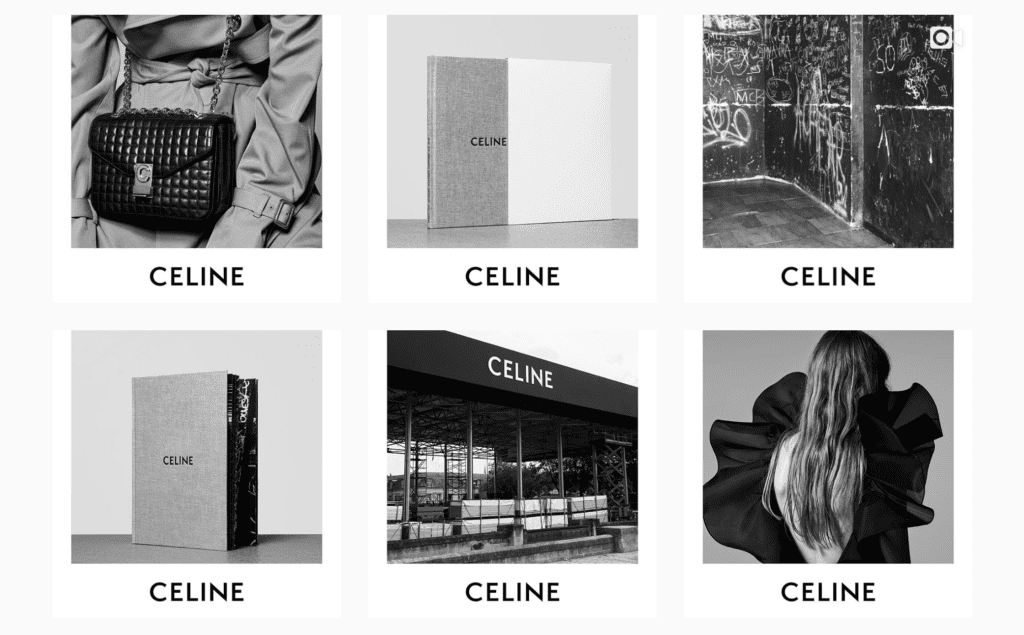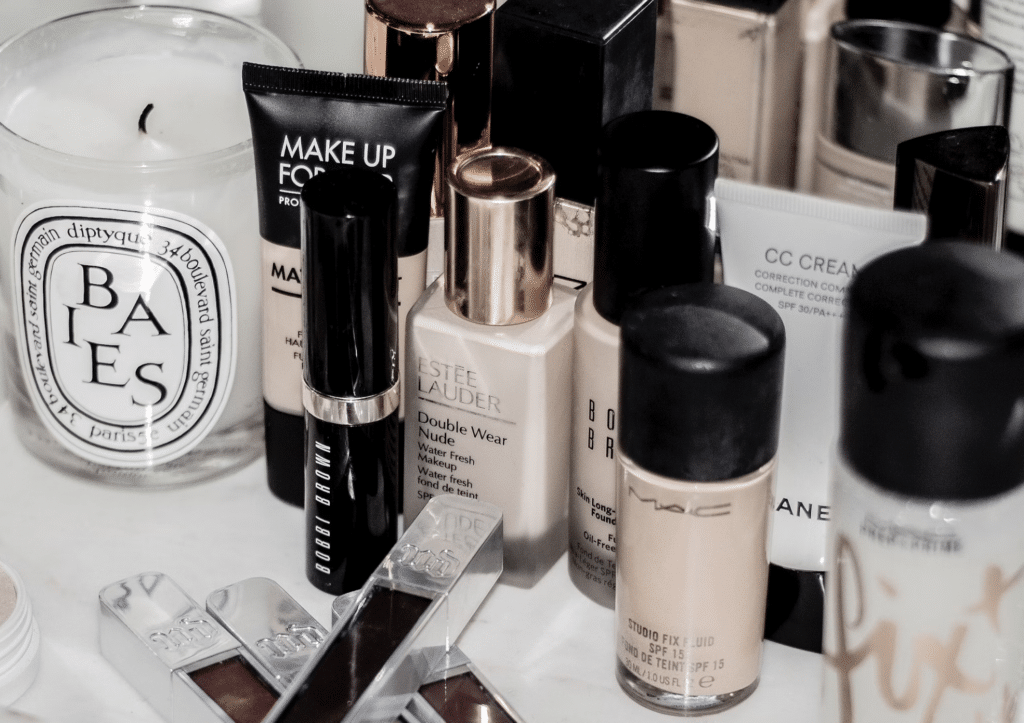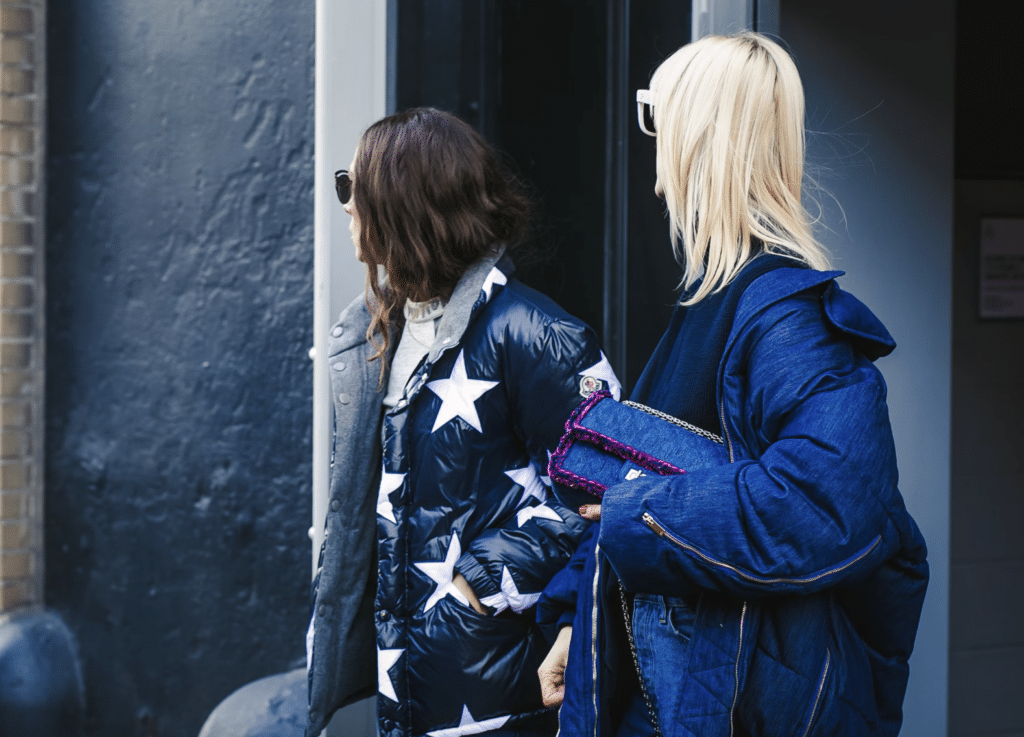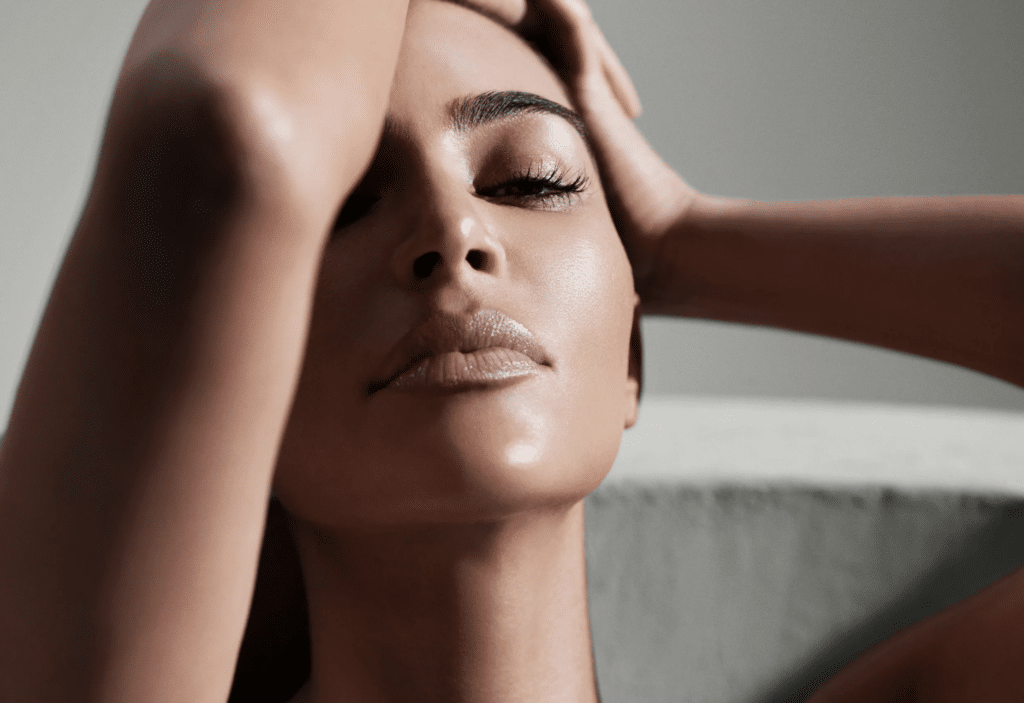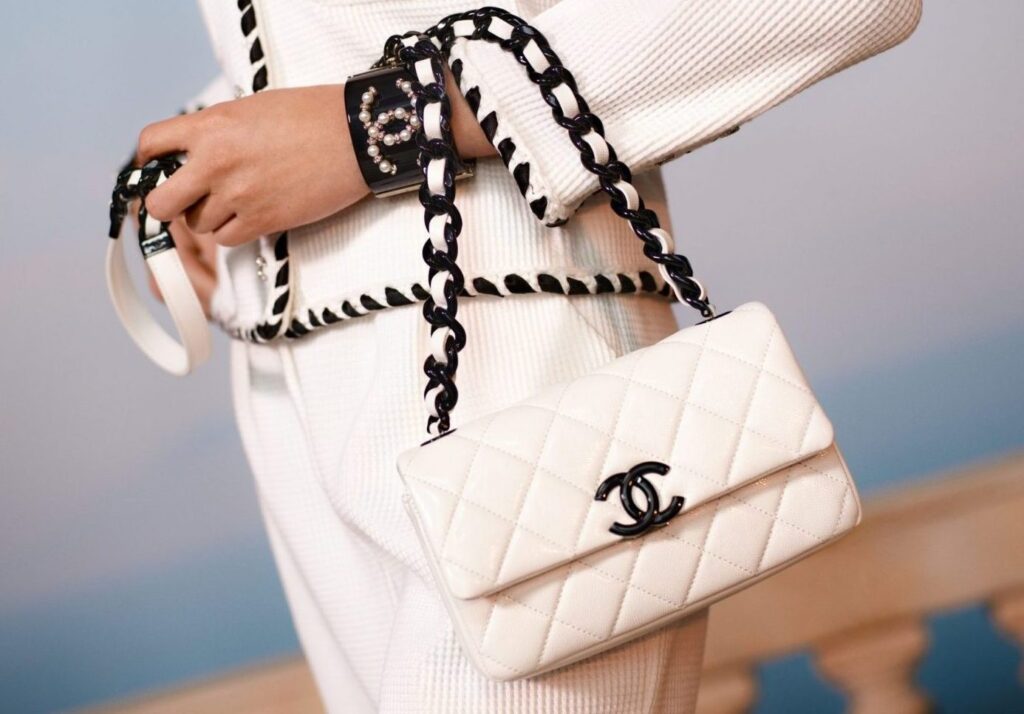What did brands do before Instagram? It seems almost unfathomable that fashion brands, for instance, ever existed in an entirely non-digital state given the extent to which the industry relies on the Facebook-owned platform and its more than 1 billion actively monthly users. To be exact, Instagram – and its sheer saturation with influencer marketing – routinely drives brand awareness and product discovery for fashion and luxury entities ranging from young, emerging brands to Paris-based powerhouses like Gucci and Louis Vuitton, and leads to sales, so much so that it has given rise to a new brands of brands – coined “Insta brands” – that rely almost exclusively on the platform as a primary jumping off point.
With reliance on Instagram being at a high, with more than 500 million users active on the platform on a daily basis and more than 25 million businesses maintaining accounts on the platform, here are some key things to know and understand about Instagram’s terms, how the platform really works, and what that has to do with you, your photos, and your brand.
1. Instagram’s terms are non-negotiable
Before being able to set up and use an Instagram account, users must agree to the non-negotiable terms set forth by Instagram. This means that the app comes with a long list of terms that those who download the app agree to like it or not simply by … downloading the app and using it.
2. You own your photos, but Instagram has rights, too
Instagram does not take ownership of its users’ content. Copyright for all photos remains with the user, assuming, of course, that he/she is actually the copyright holder in the first place. This means that the copyright holder has the exclusive right to do or authorize others to: reproduce the copyrighted work; prepare derivative works based upon the copyrighted work; distribute copies of the work to the public by sale or other transfer; perform the work publicly; display the copyrighted work publicly; and perform the copyrighted work publicly by means of a digital audio transmission. This remains true even if a photo is posted in a public capacity on social media, i.e., just because a photo has been posted by an individual or company on Instagram does not mean that other Instagram users have the right to use it, copy it, republish it, etc. (And it does not matter if you credit the original source of the image, use of another’s image without authorization is generally infringement).
Having said that, Instagram does amass some rights of its own in the content its users post. Most significantly, the terms state that the user grants Instagram a “non-exclusive, fully paid and royalty-free, transferable, sub-licensable, worldwide license to use their content.” This license is also “perpetual” and “irrevocable” and gives Instagram the right “to use, reproduce, modify, adapt, publish, translate, create derivative works from, distribute, and display your content,” including for “commercial purposes.”
3. To be exact: Instagram can give away or sell your content
The terms that Instagram users agree to enable Instagram to sub-license your content. This means that the Facebook-owned app can license your images or videos to any third party – either for free or in exchange for compensation – without seeking your permission, giving you any notice or providing you with any payment.
4. It can use your content for its own purposes
Likewise, Instagram can make use of any user material for its own purposes or promotions without seeking permission, letting the user know or making any payments to the user. This also includes the ability to edit, modify, share, copy and communicate the content.
5. Instagram can also give away these rights
Not only can Instagram sub-license, use, distribute, modify, run, copy, publicly perform, display, translate, and create derivative works of user’s content, but it can also pass the rights to do these things onto a third party – without permission. It can do this because the terms state that the license is transferable. This means that Instagram can freely assign or license the rights to use its user’s content to another company or individual.
6. It can do this anywhere
Since there is no geographical restriction on the agreement, it could do any of the above things anywhere in the world.
7. It’s a one-way street
The terms state that the same rules do not apply to Instagram’s content, including its name and images, which are protected by copyright and trademark laws, and thus, and cannot be copied, modified, edited, published, used or licensed.
8. Instagram makes money from “sharing” your content
Instagram, which was launched in 2010 and bought by Facebook in 2012, reaches over 500 million daily active users who share approximately 80 million photos a day, and derives revenue from monetizing your content by way of advertising and partnerships. This is one of the trade-offs for Instagram providing you with free access to the photo-sharing app.
9. You could be sued for copyright infringement
Even though the culture of social media is all about sharing, posting a photo or video that is not your own and for which you do not have the authorization (for the copyright holder to post) is contrary to copyright law and to Instagram’s terms of service. By using Instagram, and thus, agreeing to abide by its terms, users warrant that they either own all the content they post or have sought permission from the copyright holder (or trademark holder) to use it. Otherwise, it may be actionable copyright infringement. For example, a long list of celebrities and brands have been sued for copyright infringement for posting images that have run afoul of the law.
10. If an issue arises, you can’t technically sue
Finally, as Instagram sets out in its terms, “You agree that disputes between you and instagram will be resolved by binding, individual arbitration and you waive your right to participate in a class action lawsuit or class-wide arbitration.” This means that if trouble arises and you want to take legal action against Instagram, court proceedings are not an option; you must settle the matter in private (and likely confidential) arbitration proceedings.
Hayleigh Bosher is a Lecturer in Intellectual Property Law at Brunel University London. Edits/additions courtesy of TFL







